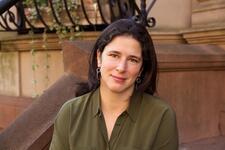Activism: Feminism
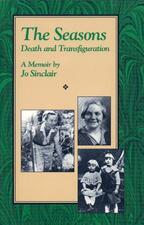
Jo Sinclair
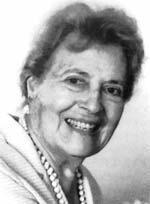
Virginia Snitow
Virginia Levitt Snitow was a multifaceted woman who was a teacher, political activist, pre-Second Wave feminist, poet, writer and founder of US/Israel Women to Women. Ahead of her time in the fight for both civil and women’s rights, Snitow was unafraid to take unpopular stances when fighting for others.
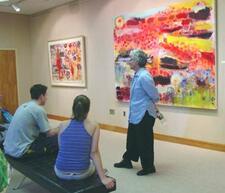
Joan Snyder
Joan Snyder is an accomplished painter whose works are strongly associated with the 1970s feminist movement and deal with topics such as nature and fertility, AIDS, the exploitation of women and children, and her own Jewish heritage and the Holocaust. Her paintings have received awards and are included in the permanent collections of many museums.
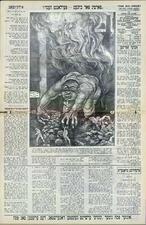
Socialism in the United States
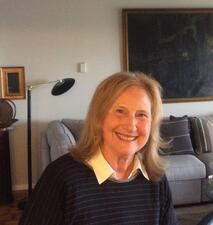
Sociology in the United States
Jews have made a disproportionate contribution to the field of sociology, despite discrimination and exclusion. Because sociologists are not identified by religion, it is difficult to know which American women sociologists are Jewish. Therefore, the first challenge in understanding the contribution and experience of American Jewish women sociologists is to identify them.
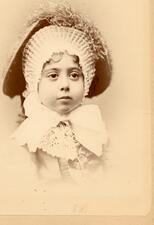
Judith Solis-Cohen
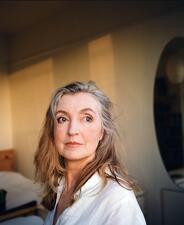
Rebecca Solnit
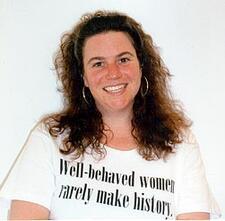
Rivka Solomon
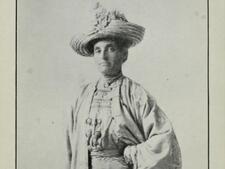
Selina Solomons
Selina Solomons was a turn-of-the-twentieth-century activist and writer, best known for her leadership role in the 1911 suffrage campaign that granted California women the right to vote. Solomons belonged to a prominent Jewish American family and spent her life in the San Francisco Bay Area. She employed multiple genres in advocacy of women’s rights, including speeches, poetry, drama, short fiction, and a manual-cum-suffrage history titled How We Won the Vote in California.
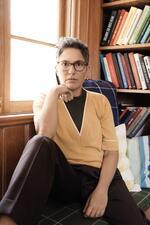
Joey Soloway
Activist, director, and creator of groundbreaking and critically acclaimed series such as Transparent, I Love Dick, and others (and writer for series such as Six Feet Under and United States of Tara), Joey Soloway (previously known as Jill) is also a social activist, considered one of the strongest advocates for women, queer, and nonbinary identities in Hollywood. Soloway identifies as nonbinary, and Judaism, feminism, and modern Jewish culture are resonant themes in their work.

Susan Sontag
Susan Sontag was one of the most prominent American writers of the twentieth century. Her work across cultural criticism, fiction, drama, and film, as well as her public persona, made her an icon of the New York intelligentsia whose writing on photography, illness, and art continually inspire engagement and debate.
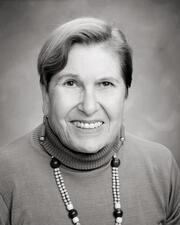
Marcia Cohn Spiegel
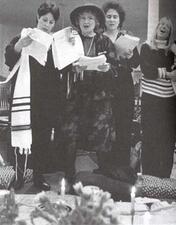
Spirituality in the United States
Jewish women’s spirituality developed historically within the confines of a patriarchal tradition. Over time, feminists have developed rituals and created spaces that honor the unique experiences of women.
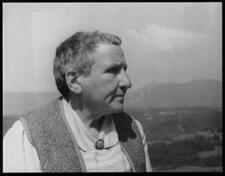
Gertrude Stein
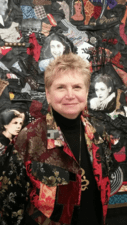
Linda Stein
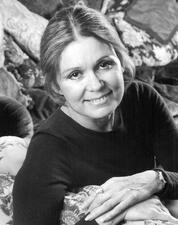
Gloria Steinem
Gloria Steinem was a leader of second-wave feminism and the co-founder of Ms. Magazine, the first feminist periodical with a national readership. As a journalist and spokesperson, she mobilized a generation of women to advance the cause of women’s liberation. Steinem has worked tirelessly all her life as an advocate for change.
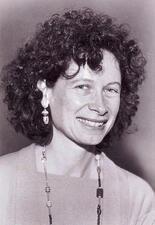
Catherine Steiner-Adair
Debbie Stoller
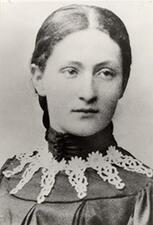
Rahel Straus
Rahel Goitein Straus, a pioneering woman medical doctor trained in Germany, was a model “New Jewish Woman” of the early-20th century. Successfully combining a career as a physician with marriage and motherhood, she committed herself to Jewish and feminist causes and organizations throughout her life, while also embracing Zionist ideals.
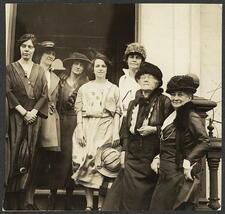
Suffrage in the United States
American Jewish women were heavily involved in the suffrage movement from its earliest days, though mostly as individuals rather than through organizations. Middle-class Jewish women believed the vote was necessary to achieve their broader reform goals, while working-class women hoped enfranchisement would improve their working conditions and economic opportunities. By the time the Nineteenth Amendment finally passed in 1919 the American Jewish community overwhelmingly supported it.
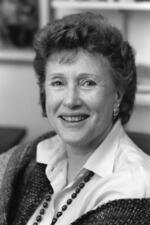
Amy Swerdlow
Amy Swerdlow (1923-2012), child of a Communist household in the Bronx, shared her parents’ dedication to making a better world but developed her own political agenda. She became a leader of the global women’s peace movement, a pioneer in the field of women’s history, and a professor of history and women’s studies at Sarah Lawrence College in Yonkers, New York.
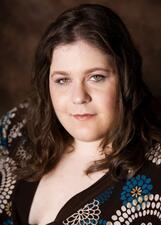
Rachel Swirsky
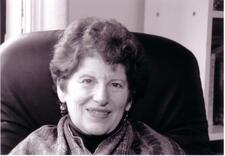
Meredith Tax
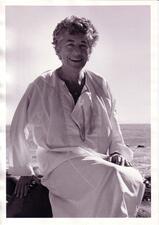
Savina Teubal
